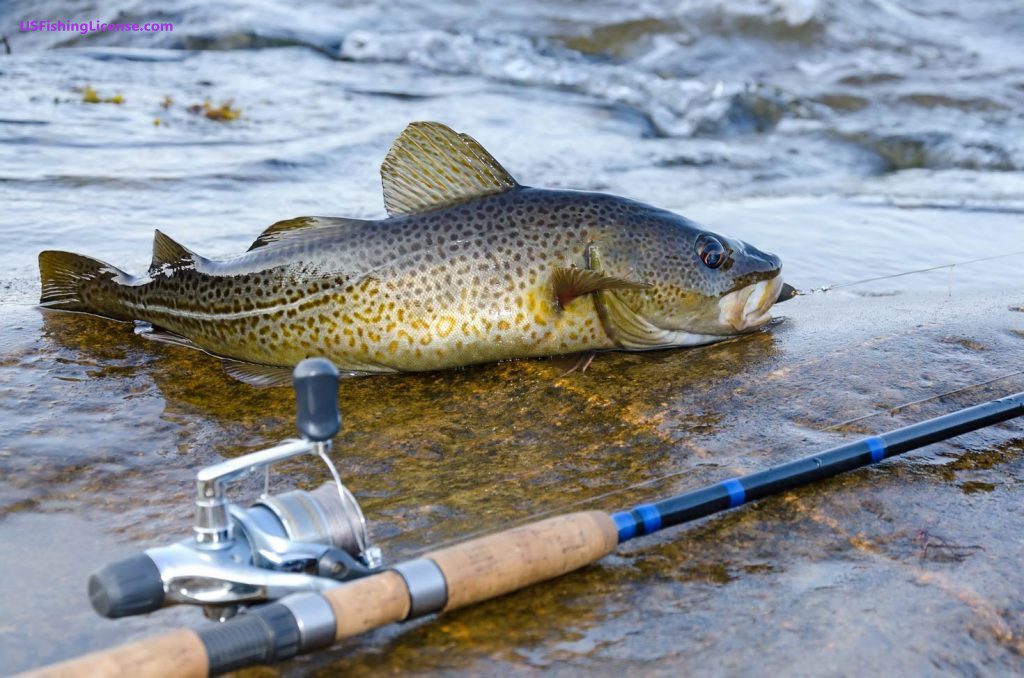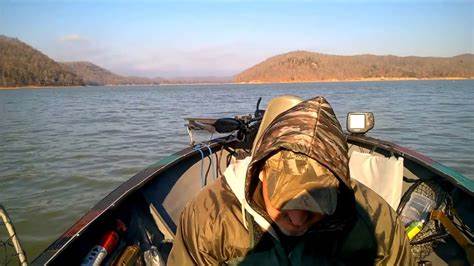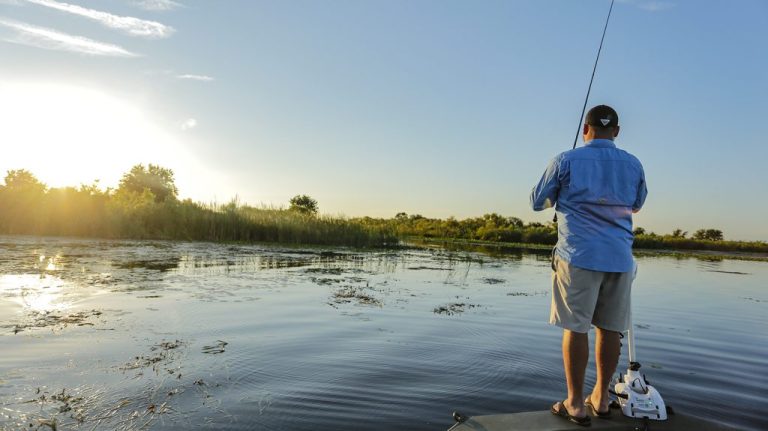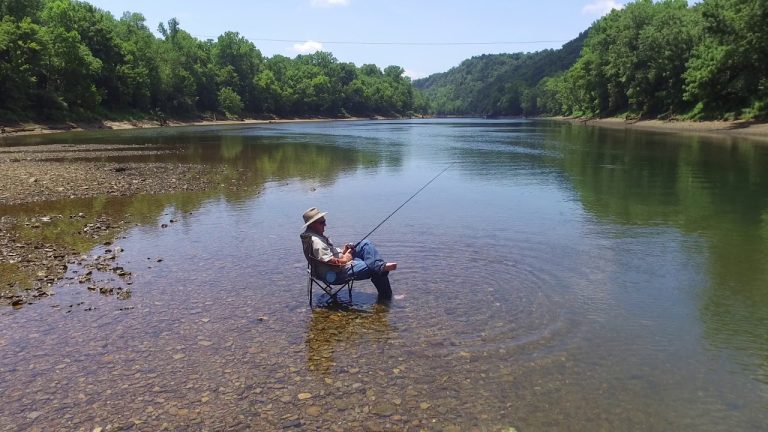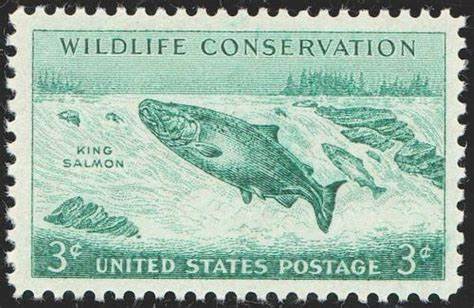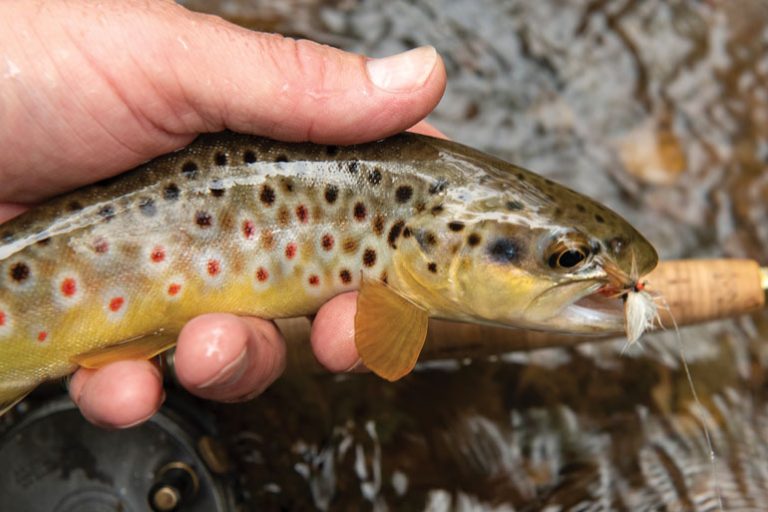Fishing in Massachusetts offers a diverse and rewarding experience for anglers of all ages. With its rich variety of freshwater and saltwater fishing opportunities, the state is a prime destination for fishing enthusiasts. This comprehensive guide provides an in-depth overview of the fishing regulations in Massachusetts for 2025, including license requirements, fees, seasons, catch limits, and conservation efforts.
License Requirements
To legally fish in Massachusetts waters, anglers must obtain the appropriate licenses and permits. The requirements vary depending on the type of fishing and the angler’s age.
Freshwater Fishing Licenses
In Massachusetts, anyone aged 15 and older needs a fishing license to fish in freshwater. The following table outlines the different types of freshwater fishing licenses available and their associated fees for 2025:
| License Type | Fees |
|---|---|
| Resident Fishing License | $33.00 |
| Resident Minor Fishing License (Age 15-17) | Free |
| Resident Fishing License (Age 65-69) | $16.50 |
| Resident Fishing License (Age 70 and older) | Free |
| Non-Resident Fishing License | $43.00 |
| Non-Resident Minor Fishing License (Age 15-17) | $7.40 |
| Resident Fishing (3-day) | $15.00 |
| Non-Resident Fishing (3-day) | $25.70 |
| Quabbin Reservoir 1-day Fishing | $5.00 |
Saltwater Fishing Permits
Anyone aged 16 and older needs a permit to fish in Massachusetts saltwater. The following table shows the saltwater fishing permit fees for 2025:
| Permit Type | Fees |
|---|---|
| Saltwater Fishing Permit (Under 60) | $10.00 |
| Saltwater Fishing Permit (60 and Over) | Free |
How to Purchase a License
Fishing licenses and permits can be purchased through various methods:
- Online: Visit the MassFishHunt system to purchase licenses and permits online.
- By mail: Download and complete the appropriate application form from the MassWildlife website and mail it with payment.
- In-person: Visit select retail stores or MassWildlife offices to purchase licenses and permits.
Please note that administrative fees may apply depending on the purchase method, and additional fees, such as the Wildlands Conservation Stamp, may be required.
License Validity and Fees
All fishing licenses in Massachusetts are valid from the date of purchase until December 31 of the same year. Anglers must carry a valid license, either in physical or digital form, while fishing.
In addition to the license fees, anglers may be subject to the following additional fees:
- Wildlands Conservation Stamp: $5.00 (added to the first resident license purchased each year and all non-resident licenses)
- Administrative Fees: $1.45 per license, plus a 2% convenience fee for online transactions
- Agent Fees: Up to $1.50 for in-person purchases at retail stores or town offices
Fishing Regulations
Massachusetts has specific regulations in place for both freshwater and saltwater fishing to ensure sustainable fish populations and protect the state’s aquatic resources.
Freshwater Fishing Regulations
Freshwater fishing regulations in Massachusetts vary by species and waterbody. Anglers should consult the MassWildlife website for the most up-to-date information on species-specific regulations, seasons, and catch limits.
Some key points to keep in mind:
- Fishing seasons may vary for different species, with specific dates and limits provided annually.
- Catch and release requirements may apply to certain species to protect vulnerable populations.
- Gear restrictions, such as hook size and type, may be in place for certain waterbodies or species.
Saltwater Fishing Regulations
Like freshwater fishing, saltwater fishing regulations in Massachusetts are subject to change and vary by species. Anglers should refer to the Division of Marine Fisheries website for the most current information on seasons, size limits, and catch limits.
The following table provides an overview of some popular saltwater species and their corresponding regulations for 2025:
| Species | Size Limit | Season | Possession Limit |
|---|---|---|---|
| Black Sea Bass | Min: 16.5″ | May 18 – Sep 3 | 4 fish |
| Bluefish | No Limit | Year Round | 3 fish (shore & private) 5 fish (for-hire) |
| Cod (Gulf of Maine) | See mass.gov/saltwater-regulations | ||
| Cod (Southern New England) | See mass.gov/saltwater-regulations | ||
| Haddock (Gulf of Maine) | See mass.gov/saltwater-regulations | ||
| Haddock (Southern New England) | Min: 18″ | Year Round | No Limit |
| Striped Bass | See mass.gov/saltwater-regulations | ||
| Summer Flounder (Fluke) | Min: 16.5″ | May 24 – Sep 23 | 5 fish |
| Tautog | Min: 16″ | Apr 1 – May 31 | 3 fish |
| Min: 16″ | Jun 1 – Jul 31 | 1 fish | |
| Min: 16″ | Aug 1 – Oct 14 | 3 fish | |
| Min: 16″ | Oct 15 – Dec 31 | 5 fish |
Please note that this table is not exhaustive, and anglers should always refer to the official Massachusetts Division of Marine Fisheries website for the most current and complete regulations.
Special Regulations
In addition to the general freshwater and saltwater fishing regulations, Massachusetts has special regulations in place for certain situations:
- Catch and Release: Some species may have catch-and-release requirements to protect vulnerable populations. Anglers must promptly release these fish unharmed.
- Gear Restrictions: Specific gear types, such as certain hook sizes or bait, may be restricted or prohibited in certain areas to minimize environmental impact and protect fish populations.
Conservation Efforts
Massachusetts is committed to maintaining its rich biodiversity and supporting sustainable fishing practices through various conservation efforts.
Funding and Support
All funds generated from the sale of freshwater fishing, hunting, and trapping licenses go directly into the Inland Fish and Game Fund, which supports MassWildlife programs and services. Similarly, funds from saltwater fishing permits are allocated to the Marine Recreational Fisheries Development Fund, administered by the Division of Marine Fisheries.
These funds support critical conservation initiatives, such as:
- Habitat restoration and protection
- Fish stocking programs
- Public access improvements
- Research and monitoring of fish populations and health
Conservation Initiatives
Massachusetts actively engages in various conservation initiatives to ensure the long-term sustainability of its aquatic resources. Some of these efforts include:
- Habitat Restoration: The state works to restore and protect critical fish habitats, such as rivers, streams, and wetlands, to support healthy fish populations.
- Fish Stocking: MassWildlife and the Division of Marine Fisheries operate fish stocking programs to supplement natural populations and provide increased fishing opportunities.
- Research and Monitoring: Regular surveys and research projects are conducted to monitor fish populations, assess habitat quality, and inform management decisions.
- Public Access Improvements: The state invests in improving public access to fishing areas, including boat ramps, fishing piers, and shore fishing sites, to encourage responsible fishing practices.
Penalties for Non-Compliance
Fishing without a valid license or violating fishing regulations can result in fines and penalties. The minimum penalty for fishing without a license is a $60 fine, but more severe violations can lead to larger fines or even arrest, depending on the circumstances.
To avoid penalties and help conserve Massachusetts’ aquatic resources, anglers should always:
- Obtain the necessary licenses and permits before fishing
- Familiarize themselves with the current fishing regulations for their target species and waterbody
- Practice catch-and-release when required and handle fish carefully to minimize stress and injury
- Properly dispose of fishing line, bait containers, and other waste to prevent pollution and protect wildlife
- Report any suspected violations to the Massachusetts Environmental Police
What are the fishing license requirements in Massachusetts for 2025?
In Massachusetts, anyone aged 15 and older needs a fishing license to fish in freshwater, and anyone aged 16 and older needs a permit to fish in saltwater. There are specific exemptions and discounts for certain age groups and individuals with disabilities.
How do I obtain a fishing license in Massachusetts for 2025?
Fishing licenses can be purchased online through the MassFishHunt system, by mail, in person at select retail stores, or at MassWildlife offices. Administrative fees may apply depending on the purchase method.
What are the catch limits for popular fish species in Massachusetts in 2025?
Catch limits vary by species and waterbody. Anglers should consult the MassWildlife website for freshwater fishing regulations and the Division of Marine Fisheries website for saltwater fishing regulations to find the most up-to-date information on catch limits for their target species.
Are there any changes to the fishing regulations in Massachusetts for 2025 compared to previous years?
Fishing regulations in Massachusetts are subject to change each year. Anglers should always refer to the official MassWildlife and Division of Marine Fisheries websites for the most current regulations and any updates or changes for the 2025 fishing season.
Conclusion
Fishing in Massachusetts offers a wealth of opportunities for anglers, but it is essential to adhere to the state’s regulations to ensure sustainable and enjoyable fishing experiences for all. By obtaining the necessary licenses, following the rules, and practicing responsible fishing techniques, anglers can contribute to the conservation and management of the state’s valuable fish resources.
For the most up-to-date information on fishing regulations, anglers should visit the official MassWildlife and Division of Marine Fisheries websites.
By staying informed and complying with the regulations, anglers can help protect and preserve Massachusetts’ diverse aquatic ecosystems for generations to come.



